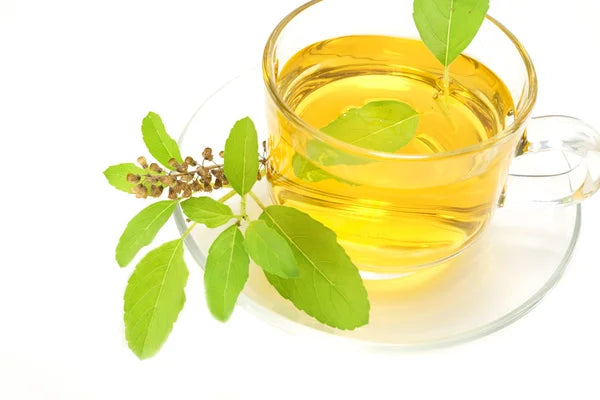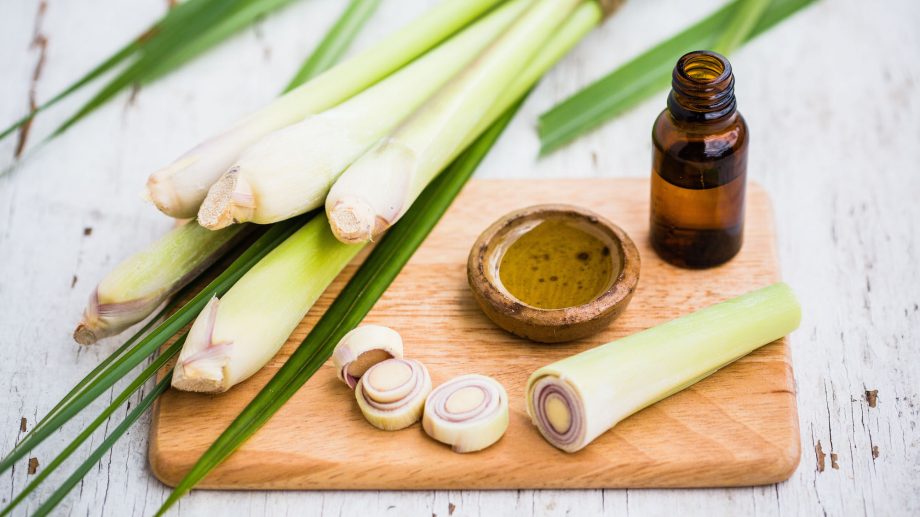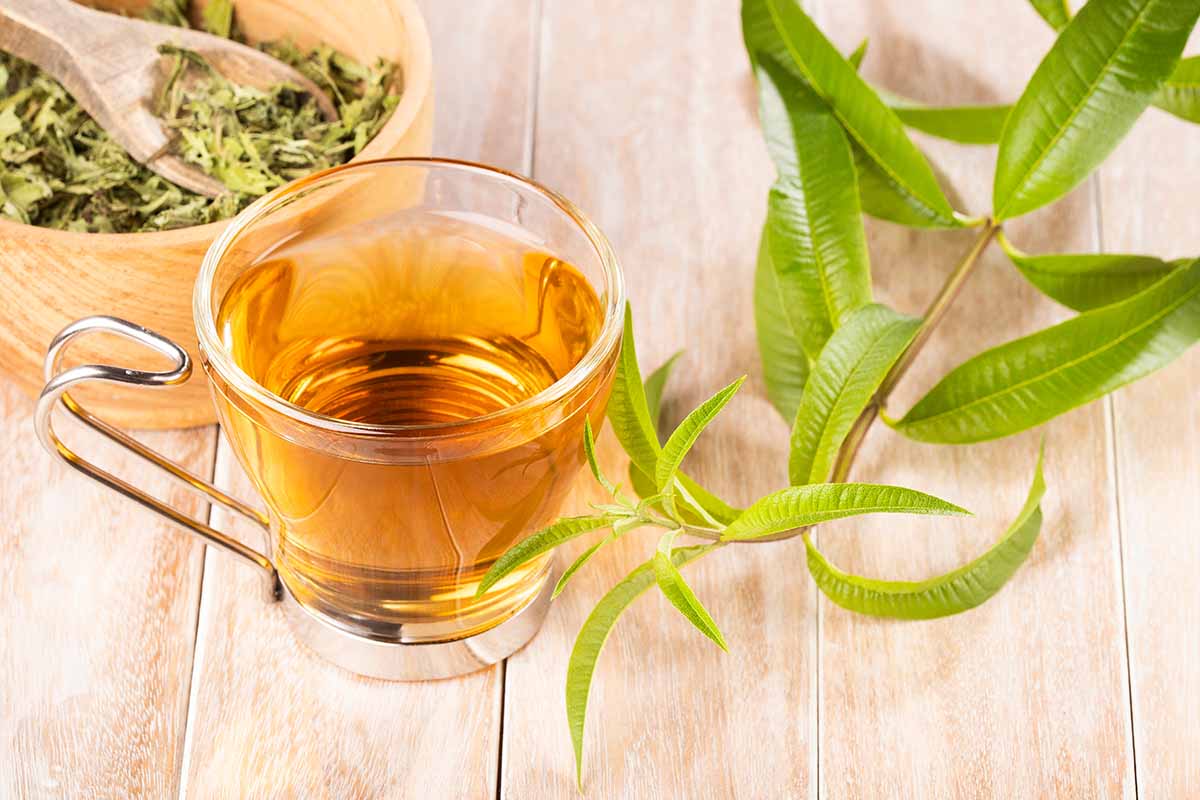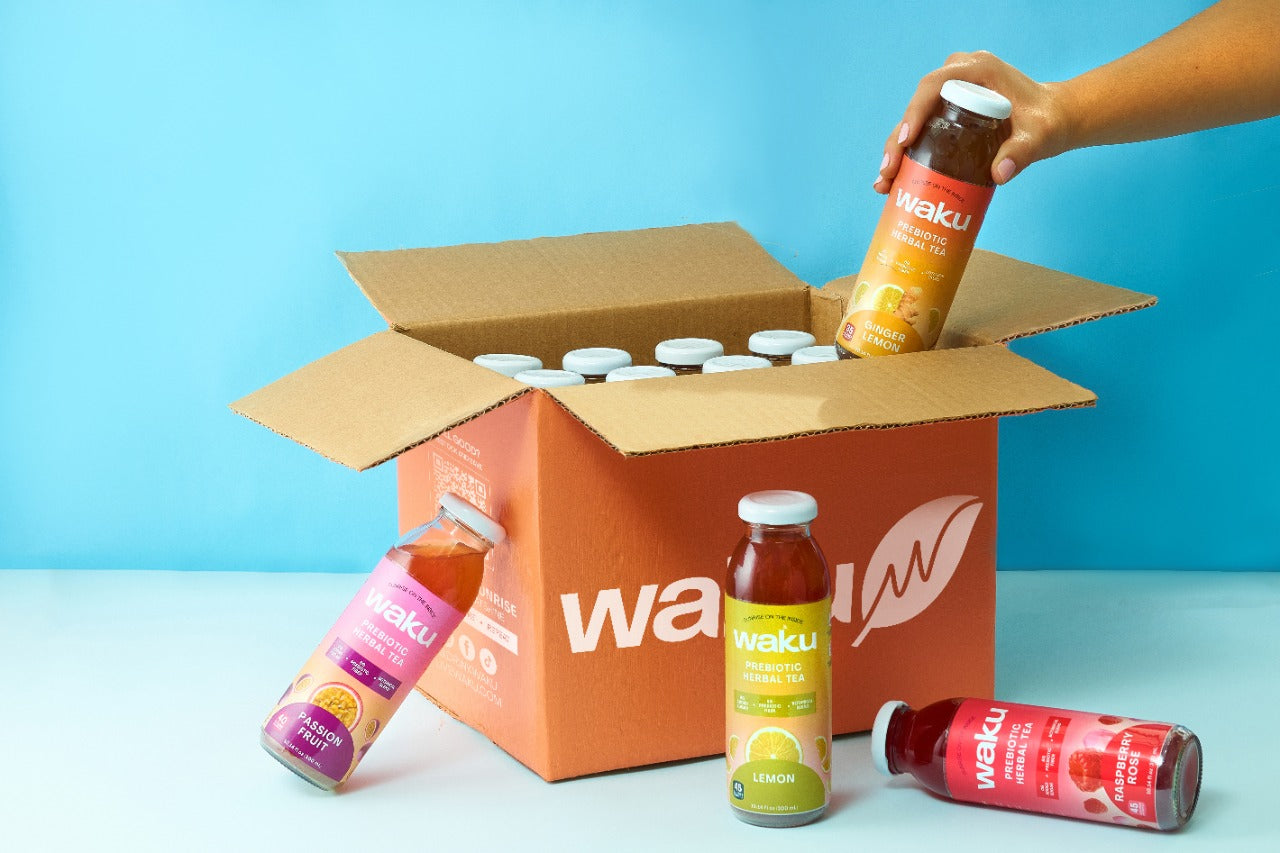About Waku
-

The Quali-tea of White Basil
Introducing… White Basil! This is the Quali-tea Series and on this occasion we will be discussing White Basil, another one of the ingredients incorporated into the Waku special fruity and herbal blend. Basil makes a colorful and flavorful addition to many different dishes and teas. It can also provide some serious health benefits. That is why, we decided to mix it up with the rest of our herbs and ingredients in order to create the most powerful yet healthy herbal blend for our teas.
White Thai Holy basil is botanically classified as Ocimum tenuiflorum and is a member of the Lamiaceae or mint family. Basil cultivars are generally categorized into three groups: Thai, sweet, or holy basil. Today, we will be taking about the fun facts, benefits and uses of White or Holy Basil. Check it out!
-

The Quali-tea of Lemongrass
Hi there! Welcome to yet another Quali-tea episode! Today, we present you Lemongrass. This is one of our favorite ingredients in the Waku blend. Lemongrass is an herb with a lemony scent. The culinary herb is produced from the stalk of the lemongrass plant (Cymbopogon citratus), which grows in many tropical climates, most notably in Southeast Asia. This plant imparts a flavor of lemon with hints of ginger and has the same essential oil as lemons. It is often used in herbal teas to give a lemon flavor. Fresh lemongrass can have floral and minty notes as well.
Because we want you know as much as you can about our ingredients, here are some fun facts, benefits and uses of Lemongrass:
-

The Quali-tea of Lemon Verbena
Are you ready to learn more about one of our main ingredients? Welcome to the Quali-tea Series! On this occasion, we are going to talk about Lemon Verbena, a flowering plant that grows in South America. Did you know that South America is precisely the continent were Ecuador is located and that we prepare and blend our delicious Waku teas there? Lemon Verbena leaves and flowering tops are used to make medicine and it is used for digestive disorders, muscle damage caused by exercise, multiple sclerosis (MS), insomnia, and other conditions. But hey! Take a look at all this fun facts, uses and benefits of lemon verbena:
-

Why does Waku cost what it costs?
If you have been following our journey and have tried our Prebiotic Herbal Teas, you know that a case of Waku (which includes 12 glass bottles of our fruity teas) costs up to $39.99. Of course there are always new discounts, bundle offers, special day promotions and overall benefits to get more cases at a lower price, but essentially a single bottle of Waku could cost approximately $3. And over all of these years and throughout all of those promos, we have heard a question pop up every once in a while and that is “Why is Waku so expensive?”. Today, we will answer that question by breaking down why the cost of Waku is truly just a reflection of its value.
-

New Beginnings: Introducing the New and Improved Waku
Did you realize? Spring has arrived! This new season is filled with vibrant colors, textures, scents, and life. The earth starts blooming and the weather gets warmer. All of this has an effect on us as humans, and once we begin to notice this, it's the perfect time to start something new! That is why we have chosen this season as the perfect one to launch and announce our biggest formulation improvement ever. The same blend of powerful botanicals you know and love, but that now comes with 6g of prebiotic fiber and 0g of sugar!




